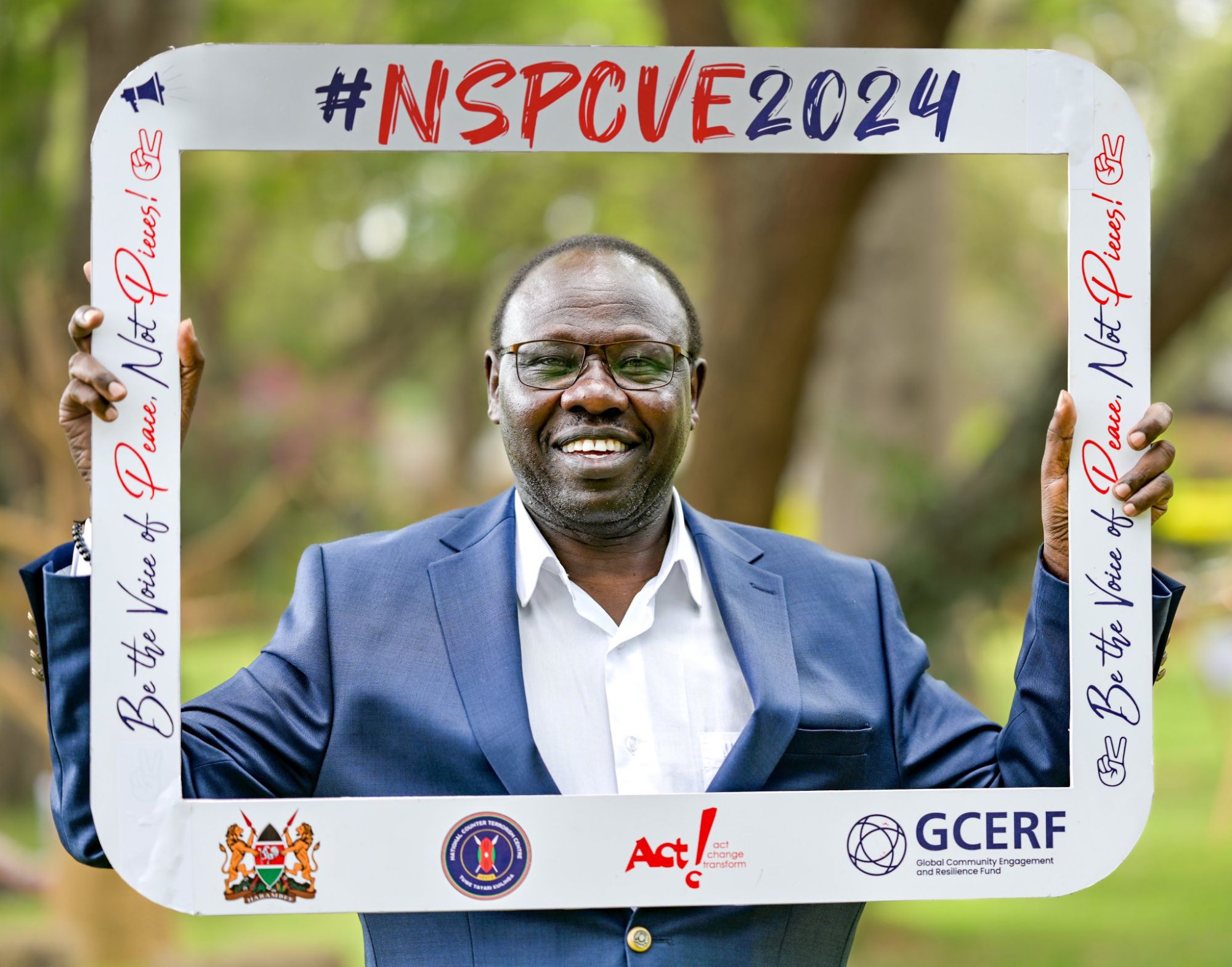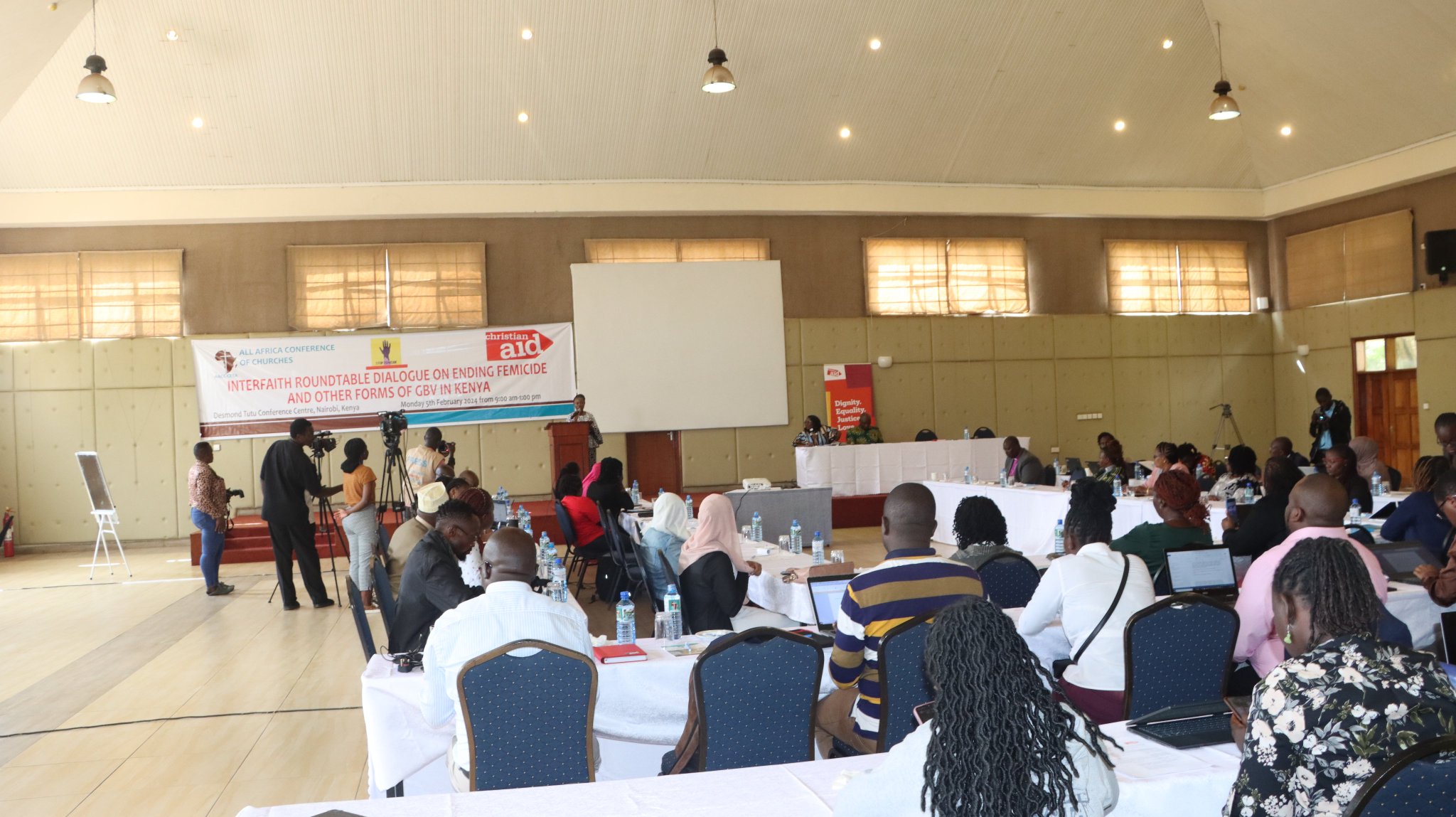By Eddah Waithaka
The Government of Kenya has highlighted the critical contribution of youth in the fight against violent extremism as it prepares to launch an updated National Strategy to Prevent and Counter Violent Extremism for 2024-2029. This comprehensive document aims to guide the nation’s efforts to tackle the complex issue of violent extremism over the next five years.
The strategy, which will be submitted to the National Security Council and the President for approval, reflects a commitment to engaging young people as key partners in promoting peace and resilience within communities, and is expected to be formally launched later this year.
Speaking during a validation meeting with youth representatives from across the nation, Kibiego Kigen, Director of the National Counter Terrorism Center (NCTC), stressed the importance of incorporating young voices into national security initiatives.
He highlighted that their involvement is crucial in tackling evolving threats, particularly those that emerge from digital platforms.

“This strategy prioritizes youth,” stated Director Kigen, underscoring that the technologies often misused by extremists pose distinct challenges that require the active participation of young people in shaping policy.
“Youth are good foot soldiers for us to address ideology and to counter it online. We are empowering them to play a leading role in today’s validation and in the entire strategy,” he added.
The revised draft, which updates a document from 2016, seeks to tackle new security challenges, including the use of social media for extremist recruitment and the spread of misinformation. Officials highlighted that earlier versions of the strategy were unclear in their definitions of violent extremism and failed to adequately address the misinterpretations of religion that are often used to justify acts of violence.
“This is an assessment of the framework established in 2016. Since then, we have learned valuable lessons and identified new challenges, as well as evolving tactics used by those advocating extremist views, particularly through technology platforms. Whereas recruitment used to happen through personal interactions, it now frequently occurs online. As a result, the government has taken the time to reevaluate the threats posed by extremists,” explained Nairobi Regional Commissioner, Katee Mwanzia.
This year’s document breaks down the issue in accessible language, allowing young Kenyans to better understand, identify, and counter extremist ideologies.
“Religion is being misrepresented by some, and we’re now clearly defining the distinctions between faith and radical ideology,” added Kigen. “The strategy educates youth on recognizing such misrepresentations and the threat they pose to peace and stability.”
Youth representatives from all 47 counties in Kenya expressed their backing for the new strategy, emphasizing the need for greater public involvement and shedding light on the challenges they encounter. Andeti Samantha Makhaga, a performing artist and advocate for youth inclusion, stressed the importance of incorporating young people into security conversations to enhance safety nationwide.
“Our voices are crucial to ensuring the safety of our country,” Makhaga stated. “By including us, we can contribute to building a more resilient nation.”
Read Also :https://switchmedianews.wordpress.com/2024/10/26/empowering-informal-workers-new-project-boosts-social-protection-in-lao-pdr-and-kenya/
A youth representative from Mombasa County echoed these views, highlighting that involving young people in security policies is essential for them to play a “crucial role in fostering peace and stability.” The updated strategy incorporates insights gained since 2016, particularly regarding the evolving recruitment methods employed by extremist organizations that are increasingly utilizing digital platforms.
The Nairobi Regional Commissioner acknowledged that these groups now leverage social media for recruitment, a faster approach that reaches a wider audience than traditional methods. He pointed out that extremists often target at-risk youth, especially those struggling with unemployment, to lure them into violent groups.
“Extremists are evolving, using online misinformation to incite hatred and recruit the youth. This is why it is crucial that we address these new avenues, and we are confident that the youth will play a vital role in helping us meet these threats,” said the Commissioner.
The strategy, developed with a comprehensive whole-of-society approach, integrates perspectives from government agencies, community leaders, religious organizations, and youth groups.
It will be presented to the National Security Council prior to its formal launch by President William Ruto. Security agencies will maintain their responsibility for implementing the policy, while communities are urged to take an active role in preventing and identifying extremism at the local level.
“Kenya has made significant strides in countering violent extremism. We are ready to sustain this progress, involving youth, religious leaders, and other stakeholders to create a more resilient society,” said Kigen.






